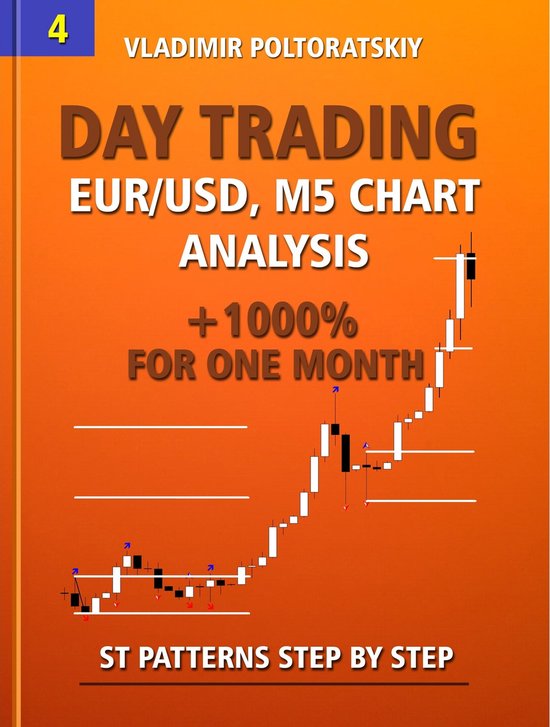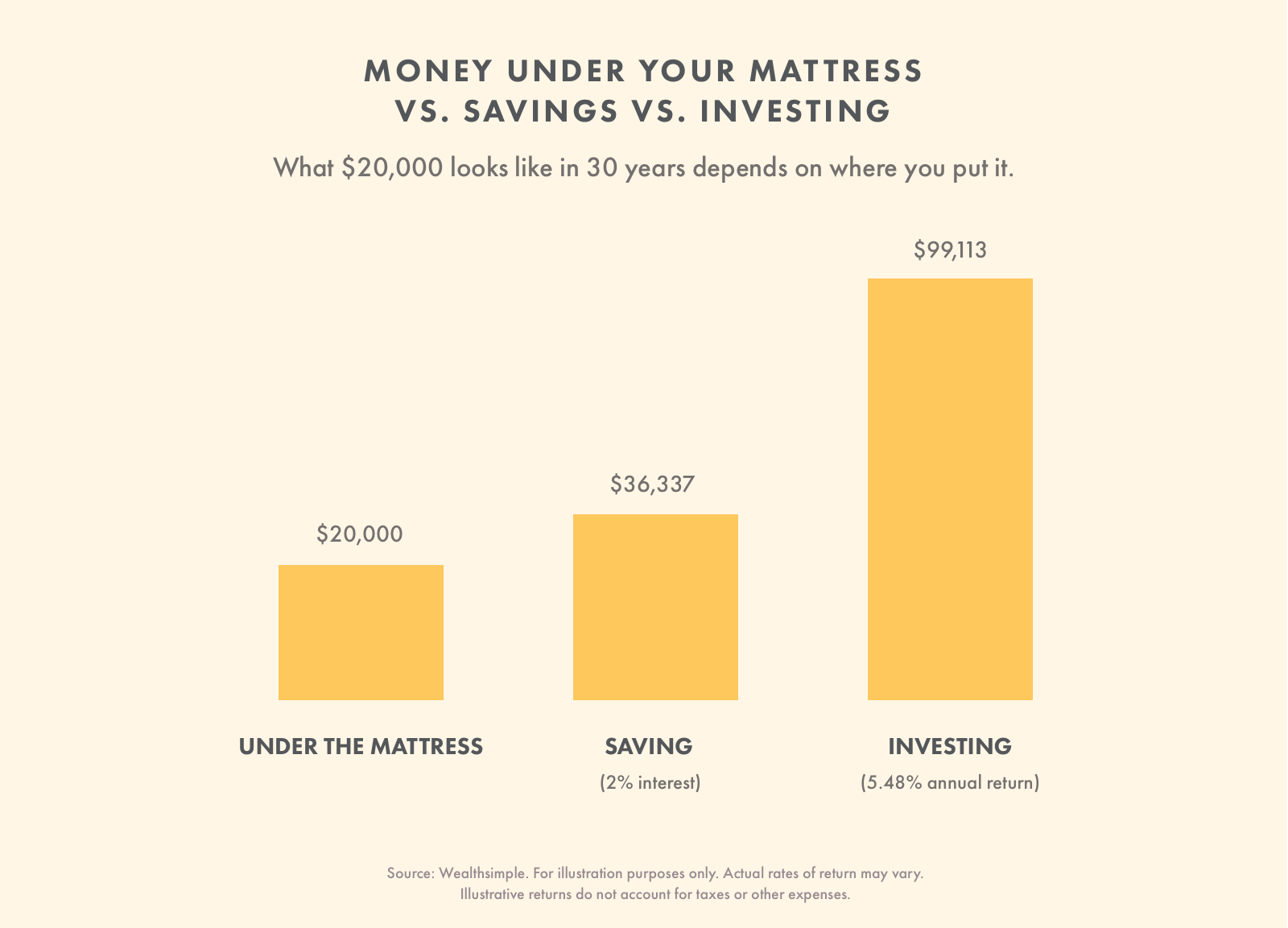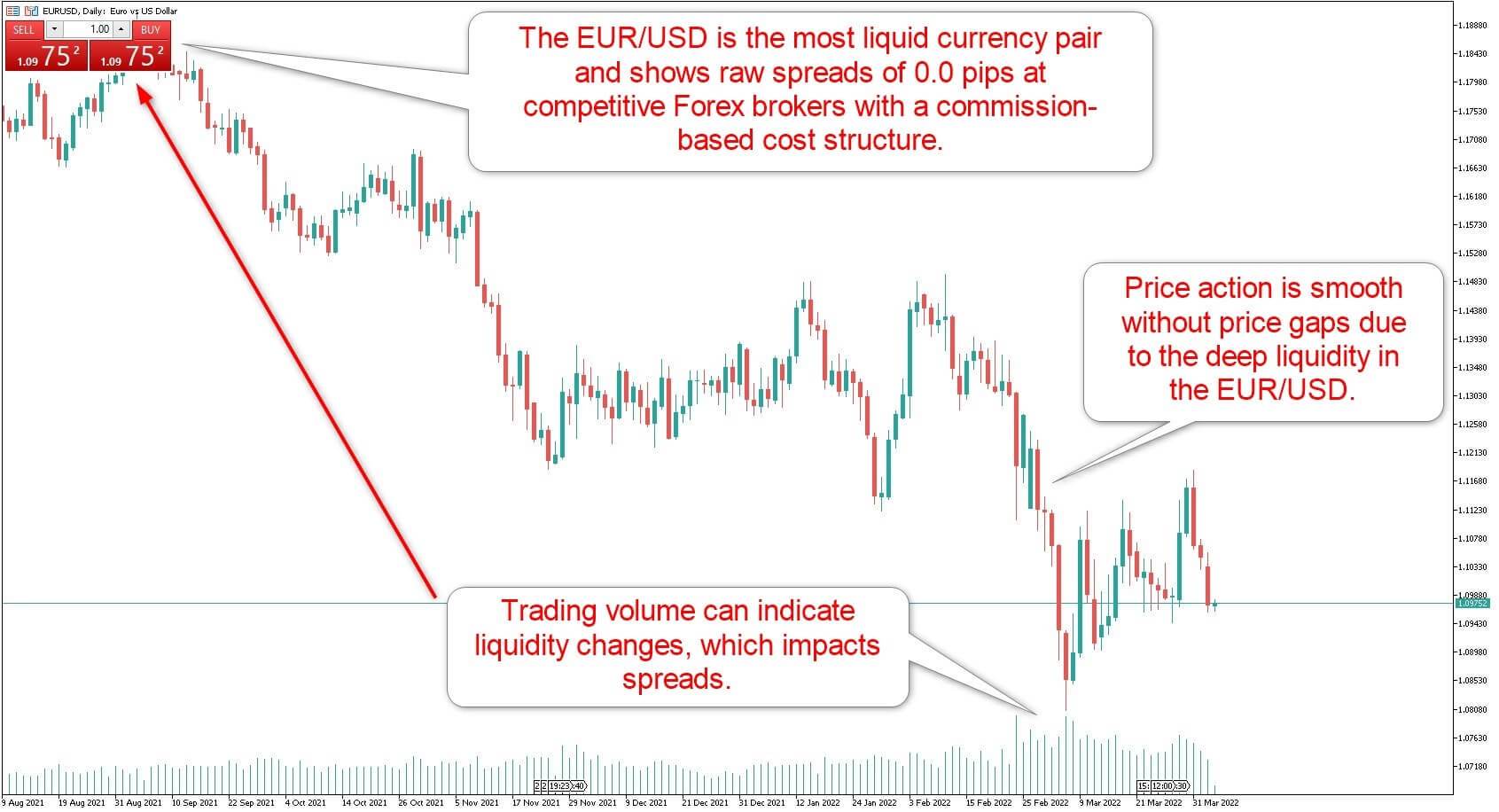
Investors need to consider three things when investing in ETF futures: Risk, Cost, and Returns. This article will discuss the benefits of futures on ETFs. Keep reading to learn more about these investments. You will gain information that can help you make informed financial decisions. These tips are for future investors who have never made an investment in futures.
Investing in futures on etfs
ETF futures allow investors to diversify their investment portfolio while still enjoying tax benefits. Futures contracts offer a way to sell and buy specific assets without having to pay transaction fees. Futures allow for more flexibility when it comes to reversing positions. For instance, you can take an aggressive stance while still avoiding additional margin requirements. Although both ETFs can have their benefits and drawbacks, futures are more beneficial for some investors than the others.

Cost-efficiency
CME Group's latest paper, which is based on data for the second half 2015, supports futures over ETFs. Futures were cheaper than ETFs in seven of eight investment scenarios. This includes international investors, short sellers and leveraged investors. ETFs were only cheaper for fully-funded investors with a long position. McCourt acknowledged that ETFs are more expensive than futures, despite the differences between the numbers.
Risk
Futures are always subject to risk but this type of investment is not necessarily more dangerous than other investments. Futures prices depend on the value of underlying assets. This price can change over time. Futures are not necessarily more risky than other investments. However the risks associated with speculative trade are greater. Futures can be used to diversify portfolios, and reduce overall risk.
Returns
Consider the pros and cons before you invest in an ETF. EFTs can be used to diversify your portfolio. EFTs are more affordable than other stock market investments in terms of broker commissions and expense ratios. Another benefit is that it doesn't require you to check your investments as often as you do with traditional stocks. The EFT that you are looking at should have a return of at least twice the benchmark S&P 500.

Expiration date
The issuer determines which ETF's official expiration dates will apply. For example, SPY is listed as having an expiration date of January 22, 2118. This date is a long way off from the original date, which was January 22, 2021. The ETF does not have to be perpetual. It was already extended. It was originally scheduled to expire in January 2018, which would have been twenty years after its original date.
FAQ
What is the difference?
Brokers are individuals who help people and businesses to buy and sell securities and other forms. They take care of all the paperwork involved in the transaction.
Financial advisors are specialists in personal finance. They use their expertise to help clients plan for retirement, prepare for emergencies, and achieve financial goals.
Banks, insurance companies and other institutions may employ financial advisors. They could also work for an independent fee-only professional.
If you want to start a career in the financial services industry, you should consider taking classes in finance, accounting, and marketing. You'll also need to know about the different types of investments available.
What's the difference between marketable and non-marketable securities?
The main differences are that non-marketable securities have less liquidity, lower trading volumes, and higher transaction costs. Marketable securities, on the other hand, are traded on exchanges and therefore have greater liquidity and trading volume. You also get better price discovery since they trade all the time. But, this is not the only exception. Some mutual funds, for example, are restricted to institutional investors only and cannot trade on the public markets.
Non-marketable securities tend to be riskier than marketable ones. They usually have lower yields and require larger initial capital deposits. Marketable securities tend to be safer and easier than non-marketable securities.
For example, a bond issued by a large corporation has a much higher chance of repaying than a bond issued by a small business. The reason for this is that the former might have a strong balance, while those issued by smaller businesses may not.
Investment companies prefer to hold marketable securities because they can earn higher portfolio returns.
How do I invest my money in the stock markets?
Brokers allow you to buy or sell securities. A broker can sell or buy securities for you. When you trade securities, brokerage commissions are paid.
Brokers often charge higher fees than banks. Banks often offer better rates because they don't make their money selling securities.
If you want to invest in stocks, you must open an account with a bank or broker.
If you are using a broker to help you buy and sell securities, he will give you an estimate of how much it would cost. This fee will be calculated based on the transaction size.
You should ask your broker about:
-
Minimum amount required to open a trading account
-
whether there are additional charges if you close your position before expiration
-
What happens if your loss exceeds $5,000 in one day?
-
How long can you hold positions while not paying taxes?
-
whether you can borrow against your portfolio
-
How you can transfer funds from one account to another
-
How long it takes to settle transactions
-
the best way to buy or sell securities
-
How to Avoid Fraud
-
How to get assistance if you are in need
-
Whether you can trade at any time
-
If you must report trades directly to the government
-
Reports that you must file with the SEC
-
How important it is to keep track of transactions
-
whether you are required to register with the SEC
-
What is registration?
-
What does it mean for me?
-
Who is required to register?
-
When do I need registration?
Is stock a security that can be traded?
Stock is an investment vehicle that allows investors to purchase shares of company stock to make money. This can be done through a brokerage firm that helps you buy stocks and bonds.
Direct investments in stocks and mutual funds are also possible. There are more mutual fund options than you might think.
The main difference between these two methods is the way you make money. Direct investment is where you receive income from dividends, while stock trading allows you to trade stocks and bonds for profit.
In both cases you're buying ownership of a corporation or business. If you buy a part of a business, you become a shareholder. You receive dividends depending on the company's earnings.
Stock trading is a way to make money. You can either short-sell (borrow) stock shares and hope the price drops below what you paid, or you could hold the shares and hope the value rises.
There are three types of stock trades: call, put, and exchange-traded funds. Call and Put options give you the ability to buy or trade a particular stock at a given price and within a defined time. ETFs, which track a collection of stocks, are very similar to mutual funds.
Stock trading is a popular way for investors to be involved in the growth of their company without having daily operations.
Although stock trading requires a lot of study and planning, it can provide great returns for those who do it well. If you decide to pursue this career path, you'll need to learn the basics of finance, accounting, and economics.
What is the difference between the securities market and the stock market?
The entire market for securities refers to all companies that are listed on an exchange that allows trading shares. This includes stocks, bonds, options, futures contracts, and other financial instruments. Stock markets are usually divided into two categories: primary and secondary. Primary stock markets include large exchanges such as the NYSE (New York Stock Exchange) and NASDAQ (National Association of Securities Dealers Automated Quotations). Secondary stock markets let investors trade privately and are smaller than the NYSE (New York Stock Exchange). These include OTC Bulletin Board Over-the-Counter, Pink Sheets, Nasdaq SmalCap Market.
Stock markets have a lot of importance because they offer a place for people to buy and trade shares of businesses. The value of shares depends on their price. The company will issue new shares to the general population when it goes public. These newly issued shares give investors dividends. Dividends are payments that a corporation makes to shareholders.
Stock markets serve not only as a place for buyers or sellers but also as a tool for corporate governance. Boards of directors, elected by shareholders, oversee the management. They ensure managers adhere to ethical business practices. In the event that a board fails to carry out this function, government may intervene and replace the board.
What is a Mutual Fund?
Mutual funds consist of pools of money investing in securities. Mutual funds provide diversification, so all types of investments can be represented in the pool. This helps reduce risk.
Managers who oversee mutual funds' investment decisions are professionals. Some funds permit investors to manage the portfolios they own.
Mutual funds are often preferred over individual stocks as they are easier to comprehend and less risky.
Statistics
- US resident who opens a new IBKR Pro individual or joint account receives a 0.25% rate reduction on margin loans. (nerdwallet.com)
- Even if you find talent for trading stocks, allocating more than 10% of your portfolio to an individual stock can expose your savings to too much volatility. (nerdwallet.com)
- Ratchet down that 10% if you don't yet have a healthy emergency fund and 10% to 15% of your income funneled into a retirement savings account. (nerdwallet.com)
- Individuals with very limited financial experience are either terrified by horror stories of average investors losing 50% of their portfolio value or are beguiled by "hot tips" that bear the promise of huge rewards but seldom pay off. (investopedia.com)
External Links
How To
How to open a Trading Account
It is important to open a brokerage accounts. There are many brokers out there, and they all offer different services. Some brokers charge fees while some do not. Etrade is the most well-known brokerage.
Once you've opened your account, you need to decide which type of account you want to open. You can choose from these options:
-
Individual Retirement Accounts (IRAs)
-
Roth Individual Retirement Accounts
-
401(k)s
-
403(b)s
-
SIMPLE IRAs
-
SEP IRAs
-
SIMPLE 401K
Each option comes with its own set of benefits. IRA accounts are more complicated than other options, but have more tax benefits. Roth IRAs allow investors to deduct contributions from their taxable income but cannot be used as a source of funds for withdrawals. SIMPLE IRAs can be funded with employer matching funds. SEP IRAs work in the same way as SIMPLE IRAs. SIMPLE IRAs are very simple and easy to set up. They enable employees to contribute before taxes and allow employers to match their contributions.
The final step is to decide how much money you wish to invest. This is known as your initial deposit. A majority of brokers will offer you a range depending on the return you desire. Depending on the rate of return you desire, you might be offered $5,000 to $10,000. The lower end represents a conservative approach while the higher end represents a risky strategy.
After you've decided which type of account you want you will need to choose how much money to invest. There are minimum investment amounts for each broker. These minimum amounts vary from broker-to-broker, so be sure to verify with each broker.
Once you have decided on the type of account you would like and how much money you wish to invest, it is time to choose a broker. Before choosing a broker, you should consider these factors:
-
Fees-Ensure that fees are transparent and reasonable. Brokers often try to conceal fees by offering rebates and free trades. However, many brokers increase their fees after your first trade. Do not fall for any broker who promises extra fees.
-
Customer service: Look out for customer service representatives with knowledge about the product and who can answer questions quickly.
-
Security - Make sure you choose a broker that offers security features such multi-signature technology, two-factor authentication, and other.
-
Mobile apps: Check to see whether the broker offers mobile applications that allow you access your portfolio via your smartphone.
-
Social media presence. Find out whether the broker has a strong social media presence. If they don’t, it may be time to move.
-
Technology - Does it use cutting-edge technology Is the trading platform easy to use? Are there any problems with the trading platform?
Once you have selected a broker to work with, you need an account. Some brokers offer free trials. Other brokers charge a small fee for you to get started. After signing up you will need confirmation of your email address. Then, you'll be asked to provide personal information such as your name, date of birth, and social security number. Finally, you'll have to verify your identity by providing proof of identification.
Once you're verified, you'll begin receiving emails from your new brokerage firm. These emails will contain important information about the account. It is crucial that you read them carefully. You'll find information about which assets you can purchase and sell, as well as the types of transactions and fees. Be sure to keep track any special promotions that your broker sends. These could include referral bonuses, contests, or even free trades!
Next, you will need to open an account online. Opening an account online is normally done via a third-party website, such as TradeStation. These websites are excellent resources for beginners. To open an account, you will typically need to give your full name and address. You may also need to include your phone number, email address, and telephone number. Once this information is submitted, you'll receive an activation code. This code is used to log into your account and complete this process.
You can now start investing once you have opened an account!